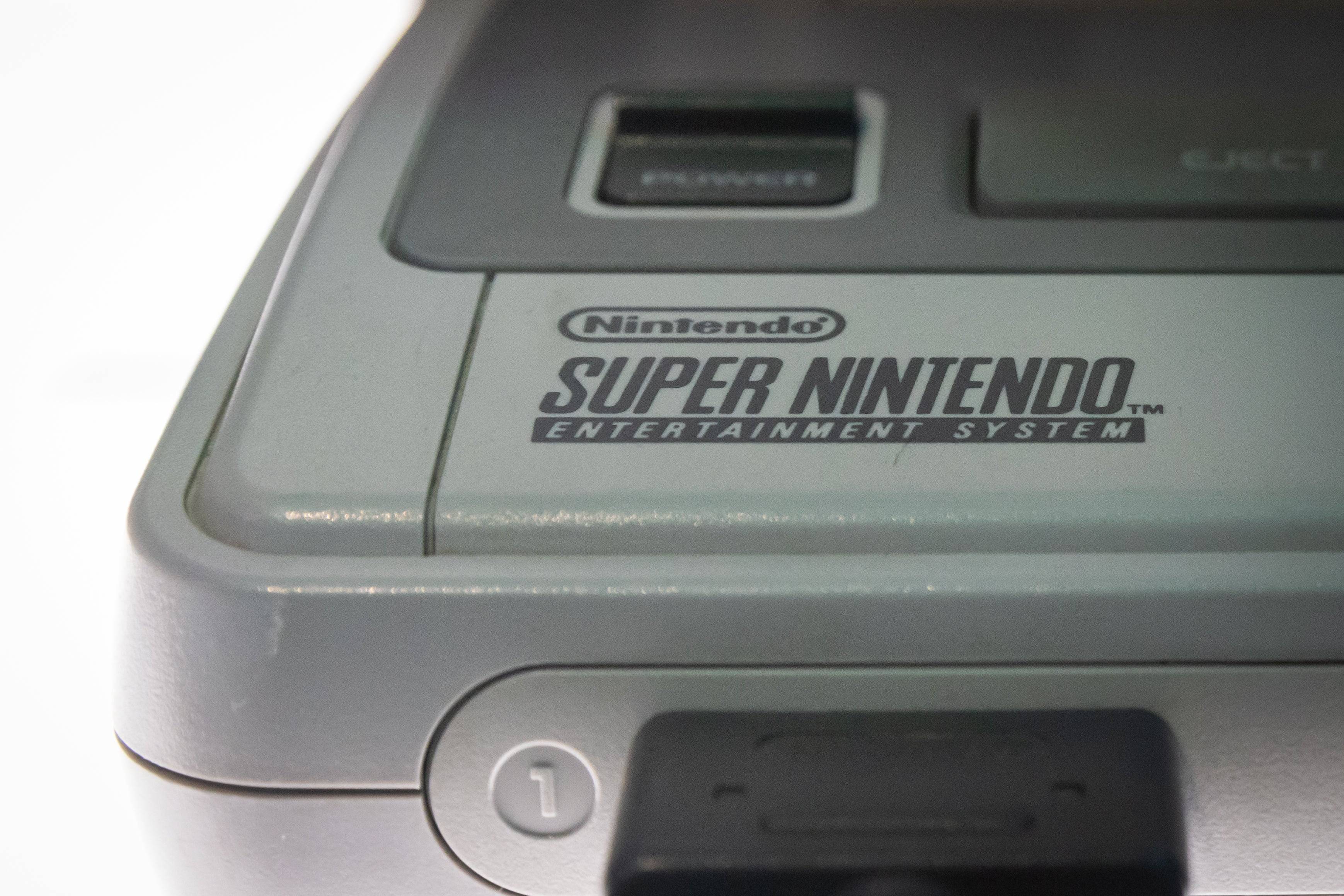by Nova Mar 26,2025
The speedrunning community is abuzz with a fascinating phenomenon: the Super Nintendo Entertainment System (SNES) appears to be running games faster as it ages. This intriguing development was first highlighted by Bluesky user Alan Cecil (@tas.bot) in early February, suggesting that the nearly 50 million SNES units sold might now offer improved performance in games such as Super Mario World, Super Metroid, and Star Fox.
The notion that a video game console could become more efficient over time might seem far-fetched, but Cecil's research points to a specific component responsible for this unexpected behavior. In an interview with 404 Media, Cecil explained that the SNES's audio processing unit (APU) SPC700, which is supposed to have a digital signal processing (DSP) rate of 32,000Hz as per Nintendo's official specs, is actually showing different rates. These rates vary based on the physical conditions, such as temperature, in which the console is used. This fluctuation affects how audio is processed and sent to the CPU, subtly altering game speed.

Cecil's call for SNES owners to record data from their units led to over 140 responses, revealing a clear trend of increasing DSP rates. Previously recorded average DSP numbers for the SPC700 were around 32,040Hz in 2007, but recent data shows an average of 32,076Hz. This suggests that the SNES is indeed processing audio faster as time progresses, despite minor temperature-related variations not accounting for the full extent of these changes.
In a follow-up Bluesky post, Cecil shared that the SNES DSP rate averages 32,076Hz, with an 8Hz increase from cold to warm conditions. The range of warm DSP rates spans from 31,965Hz to 32,182Hz, indicating that temperature plays a role but is not the sole factor behind the increased processing speed. The exact impact on game performance remains unclear, leaving the gaming community eager for more insights.
While the speed increase is intriguing, Cecil acknowledges the need for further research to understand the full extent and cause of this phenomenon. Data from the console's early years is limited, but the SNES seems to be aging gracefully as it approaches its 35th anniversary.
The implications for speedrunning are significant, as a faster SPC700 could theoretically shorten load times and affect game performance. However, the impact on leaderboard rankings and records is not straightforward. Even under the most extreme circumstances, the new findings suggest that speedruns might only be shaved by less than a second. The speedrunning community is still in the early stages of research, but the consensus is that players have little to worry about for now.
As Cecil continues to investigate the SNES's inner workings, the console remains a beloved piece of gaming history. For more on the SNES, check out its position on the list of best-selling consoles of all time.
Zenless Zone Zero Update Cycle Leak Hints at Future Content cadence
All Mavuika Materials, Kit, and Constellations in Genshin Impact
Counterfeit Bank Simulator: Minting Solution for Economic Crises
Marvel Rivals: Season 1 Dracula Explained
Best Xbox Game Pass Games For Kids (January 2025)
Solo Leveling: Global Tournament Draws Near
Power Rangers: Uncover Hidden Secrets in Rita's Carnival and Cemetery
Albion Online launches Paths to Glory update with new content, boosted spawn rates, and more

Dollars-Old Vegas Slots
Download
Squad Fire Gun Games - Battleg
Download
Draw Creatures
Download
Миллионер - игровые автоматы
Download
Guess the Word. Word Games
Download
Guild of Spicy Adventures 0.55
Download
Impossible GT Stunt Sports Car
Download
Bar Abierto Caça Niquel
Download
Crossword Islands
Download